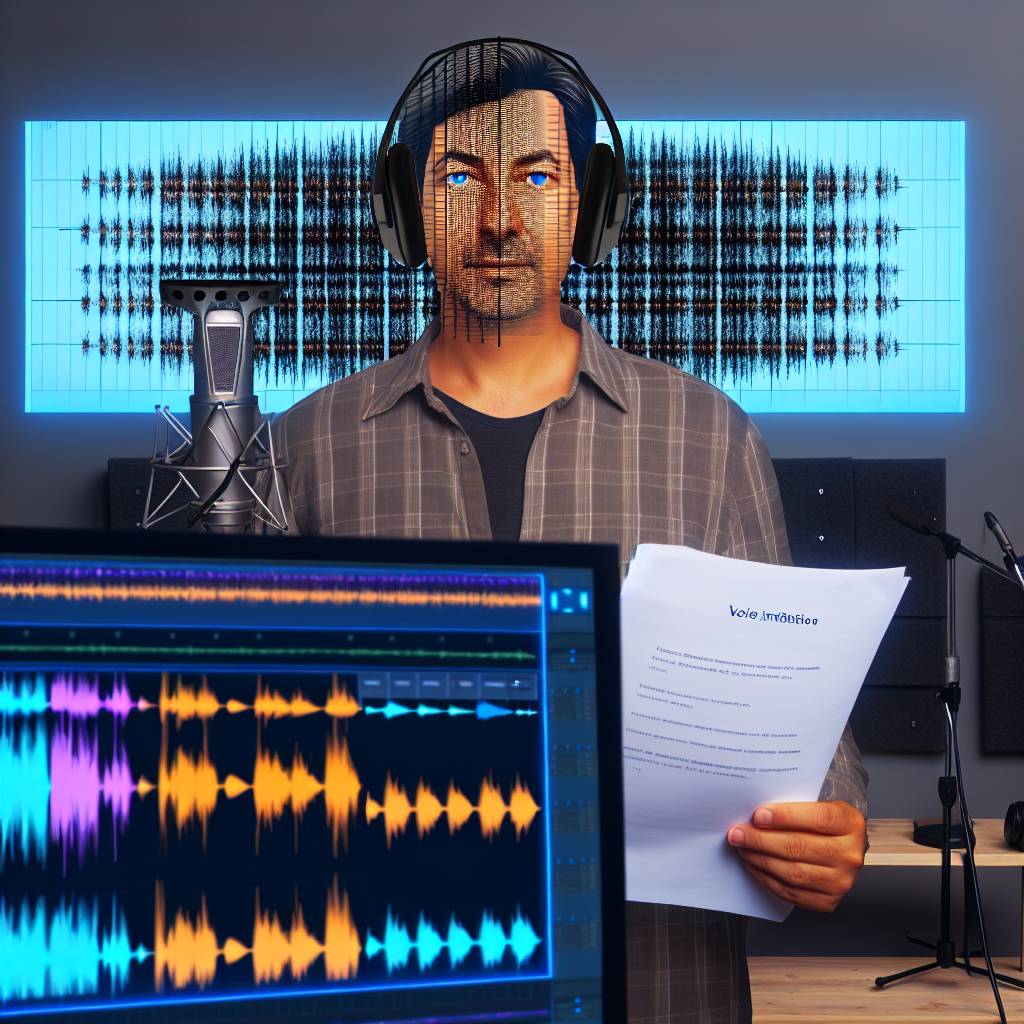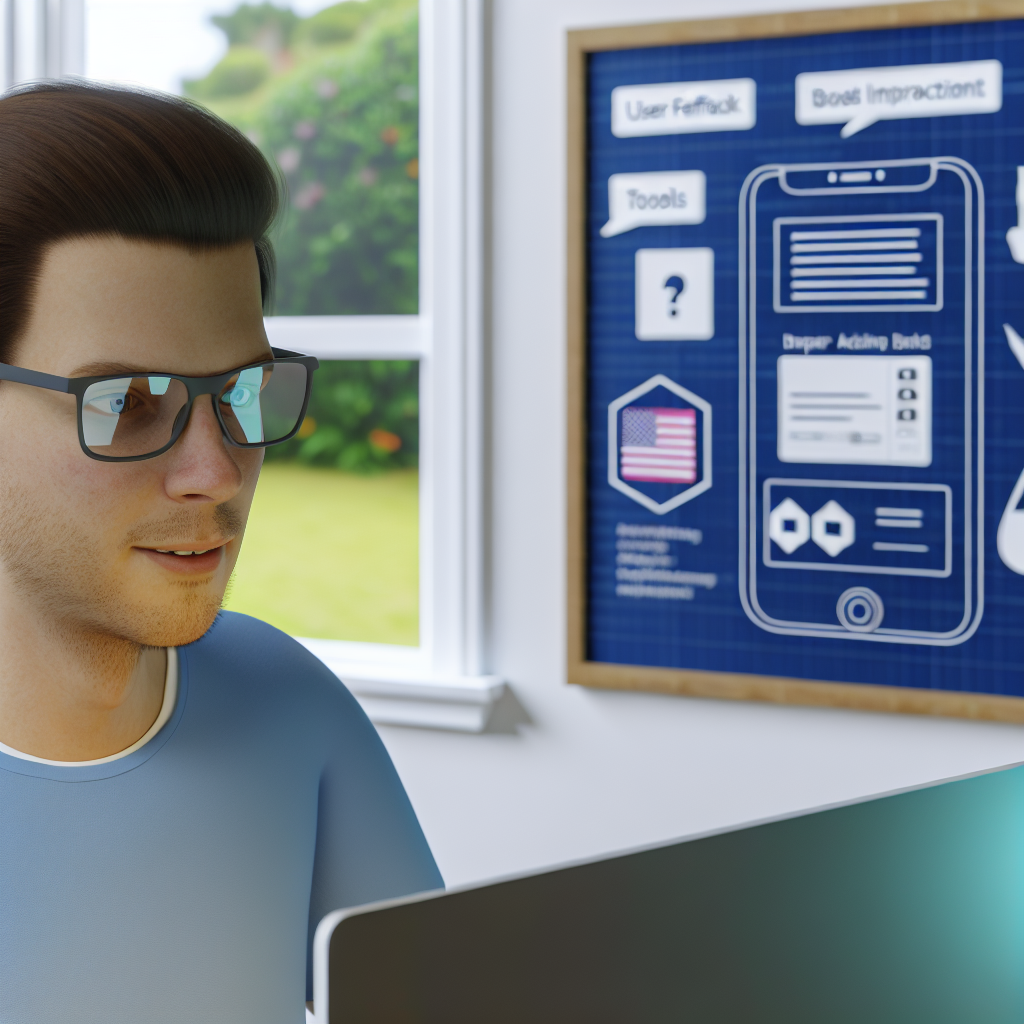Every child deserves a chance to experience the joys of childhood, to laugh, to play, and learn without any limitations. But for some children, this world is not as kind, and they must navigate the challenges of childhood disability.
Childhood disability takes many forms, from physical impairments to cognitive and developmental challenges. And it affects not just the child/children but also their families, friends, and communities.
This can be an emotional and difficult topic to talk about, but it’s important that we understand and learn more about it. By educating ourselves about childhood disability, we can work towards creating a more inclusive and understanding society.
We need a society where every child, regardless of their abilities, is given the opportunity to reach their full potential and thrive.
Here we’ll discuss disabilities in children. From the different types to the challenges faced by children and their families. This will also cover ways we can create a more inclusive and understanding society. Let’s break down the barriers and give every child a chance to shine.

Understanding Childhood Disability
Childhood disability refers to any condition that affects a child’s physical, cognitive, or developmental abilities. These conditions can range from mild to severe and can significantly impact a child’s daily life, as well as the lives of their family and community.
There are many different types of childhood disabilities, including physical impairments, cognitive impairments, and developmental disorders. Physical impairments include conditions such as cerebral palsy, muscular dystrophy, and spina bifida.
Cognitive impairments can include conditions such as autism spectrum disorder, intellectual disability, and learning disorders. Developmental disorders can include conditions such as attention-deficit/hyperactivity disorder (ADHD) and dyslexia.
Childhood disability can affect a child in numerous ways. A child with a physical impairment may struggle with mobility, whereas a child with a cognitive impairment may struggle with communication or understanding. A child with a developmental disorder may struggle with social interactions or learning.
As earlier mentioned, the impact of childhood disability goes beyond the child and can affect the entire family. This is because the families of children with disabilities often face financial, emotional, and social challenges. They may have to adjust their home and lifestyle to provide additional care and support for their child. They may also face societal attitudes and discrimination.
However, with the proper support and accommodations, children with disabilities can live happy and successful lives. Early intervention, special education, and therapy can all help disabled children reach their full potential.
Inclusive education, in which children with and without disabilities are educated together, can also promote societal understanding and acceptance. Additionally, with proper support, families of children with disabilities can also find ways to overcome their challenges and find ways to thrive.
Overall, it is important for society to understand and learn about childhood disabilities to be able to create a more inclusive and accepting environment for children with disabilities and their families.
By breaking down barriers and increasing understanding, we can give every child the opportunity to reach their full potential and live a fulfilling life.
Read: Navigating Food Allergies and Intolerances
Types of Childhood Disabilities
There are many different types of childhood disabilities, each with its unique symptoms and challenges. Here is a list of some of the types of childhood disabilities:
Physical Impairments
Physical impairments are conditions that affect a child’s ability to move or control their body. Some common types of physical impairments in childhood include:

- Cerebral Palsy: a neurological disorder that affects movement and muscle tone. Children with cerebral palsy may struggle with balance, coordination, and fine motor skills.
- Muscular Dystrophy: a genetic disorder that causes muscle weakness and degeneration. Children with muscular dystrophy may have difficulty with mobility and may eventually require the use of a wheelchair.
- Spina Bifida: a birth defect that affects the development of the spinal cord and can lead to nerve damage. Children with spina bifida may struggle with mobility and bowel and bladder control.
Cognitive Impairments
Cognitive impairments refer to conditions that affect a child’s ability to think, learn, and remember. Some common types of cognitive impairments in childhood include:
We Design & Develop Websites, Android & iOS Apps
Looking to transform your digital presence? We specialize in creating stunning websites and powerful mobile apps for Android and iOS. Let us bring your vision to life with innovative, tailored solutions!
Get Started Today- Autism Spectrum Disorder: a developmental disorder that affects communication and social interaction. Children with autism may have difficulty with social interactions and communication and may have repetitive behaviors.
- Intellectual Disability: a condition that affects a child’s ability to think, learn, and remember. Children with intellectual disabilities may have difficulty with learning, problem-solving, and decision-making.
- Learning Disorders: These conditions affect a child’s ability to learn in specific areas, such as reading, writing, or math. Children with learning disorders may struggle with reading, writing, or math despite normal intelligence.
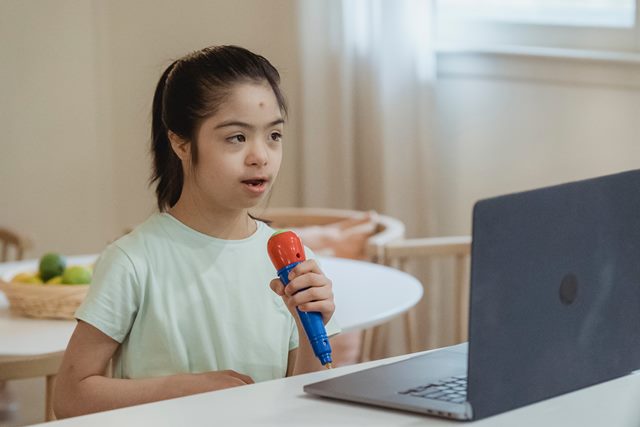
Developmental Disorder
Developmental disorders refer to conditions that affect a child’s ability to learn, grow, and develop. Some common types of developmental disorders in childhood include:
- Attention-Deficit/Hyperactivity Disorder (ADHD): a condition that affects a child’s ability to pay attention and control their behavior. Children with ADHD may have difficulty paying attention and following instructions and may be impulsive.
- Dyslexia: a learning disorder that affects a child’s ability to read and spell. Children with dyslexia may have difficulty with reading and spelling despite normal intelligence.
Note that these are only a few of the many different types of childhood disabilities that exist. Each child’s disability experience is unique and can be influenced by various factors. Children with disabilities can lead fulfilling and successful lives with the right support and accommodations.
Causes of Childhood Disabilities
The causes of childhood disabilities can be diverse and range from genetic to environmental factors.
Genetic Factors Causing Childhood Disabilities
Many childhood disabilities are caused by genetic factors, meaning they are inherited from one or both parents.
Conditions such as cerebral palsy, muscular dystrophy, and spina bifida, for example, can be caused by genetic mutations or chromosomal abnormalities. Other conditions, such as autism spectrum disorder and intellectual disability, have a complex genetic basis that is not yet fully understood.
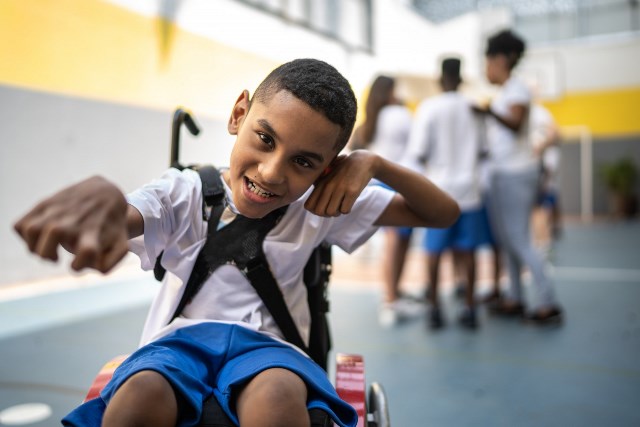
Environmental Factors Causing Childhood Disabilities
Environmental factors, such as toxins or infections during pregnancy, can also cause childhood disabilities. For example, exposure to certain toxins, such as lead or alcohol, during pregnancy can be harmful.
The Impact of Childhood Disabilities
While the exact causes of most childhood disabilities remain unknown, research suggests that they may result from a combination of genetic and environmental factors. Regardless of the cause, childhood disabilities can significantly impact a child’s development.
Children with disabilities often face physical, cognitive, and social-emotional development challenges. They may struggle with daily activities such as dressing, bathing, and eating. They may also have difficulty communicating, learning, and interacting with others.
Fortunately, many resources are available to help children with disabilities and their families. Early intervention and support can make a big difference in a child’s development. With the right support in place, children with disabilities can lead happy and healthy lives.
Treatments for Childhood Disabilities
Treatment for childhood disabilities varies according to the specific condition and the child’s individual needs. We cannot overemphasize that early intervention is essential for disabled children because it can help them learn, grow, and develop to their full potential.
Here are ways disabilities in children can be treated or managed:
We Design & Develop Websites, Android & iOS Apps
Looking to transform your digital presence? We specialize in creating stunning websites and powerful mobile apps for Android and iOS. Let us bring your vision to life with innovative, tailored solutions!
Get Started TodaySpecial Education
Special education is one of the most common treatments for children with disabilities. Its services are tailored to the specific needs of disabled children and can include individualized instruction, therapy, and counseling.
Also, special education services can help disabled children learn new skills, overcome obstacles, and participate in daily activities.
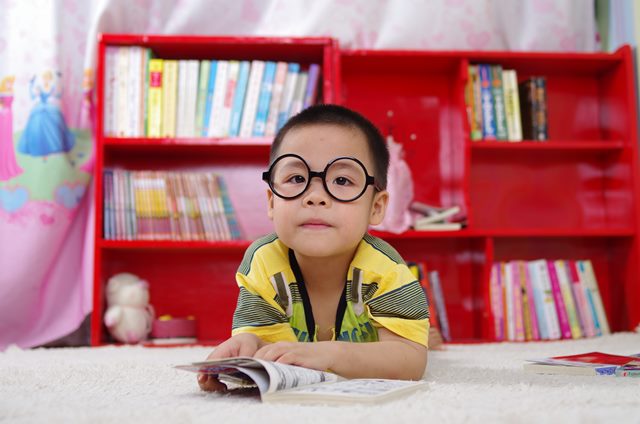
Occupational Therapy
Another common treatment for childhood disabilities is occupational therapy. Occupational therapists work with children to help them develop skills such as dressing, eating, and using the toilet. They may also aid in developing fine motor skills and improving hand-eye coordination in children.
Physical Therapy
Children with physical disabilities, such as cerebral palsy and muscular dystrophy, are frequently treated with physical therapy. Physical therapists help children gain strength, flexibility, and mobility. They may also assist children in learning to use assistive devices like wheelchairs and walkers.
Speech Therapy
Speech therapy is used to help children with communication disorders, such as those on the autism spectrum or who have difficulty speaking or understanding language. Therapists help children improve their communication skills, such as speaking, listening, and understanding language.
Medication
Some childhood disabilities, such as ADHD and some types of autism, may also be treated with medications. Medications can help with focus and attention, as well as reduce impulsivity and hyperactivity.
However, it should be noted that medication is not a stand-alone treatment and is usually used with other therapies and interventions.
Behavioral Therapy
Behavioral therapy is another common treatment for disabled children. This type of therapy can assist children in learning new skills, overcoming obstacles, and improving their ability to function in everyday life. Children with autism spectrum disorder, ADHD, and other conditions can benefit from behavioral therapy.
In addition to these treatments, there are also other alternative therapies that may be helpful for children with disabilities. These can include music therapy, art therapy, and animal-assisted therapy.
Before you go…
Hey, thank you for reading this blog to the end. I hope it was helpful. Let me tell you a little bit about Nicholas Idoko Technologies. We help businesses and companies build an online presence by developing web, mobile, desktop, and blockchain applications.
We also help aspiring software developers and programmers learn the skills they need to have a successful career. Take your first step to becoming a programming boss by joining our Learn To Code academy today!
Be sure to contact us if you need more information or have any questions! We are readily available.
Put Your Tech Company on the Map!
Get featured on Nicholas Idoko’s Blog for just $200. Showcase your business, boost credibility, and reach a growing audience eager for tech solutions.
Publish Now

